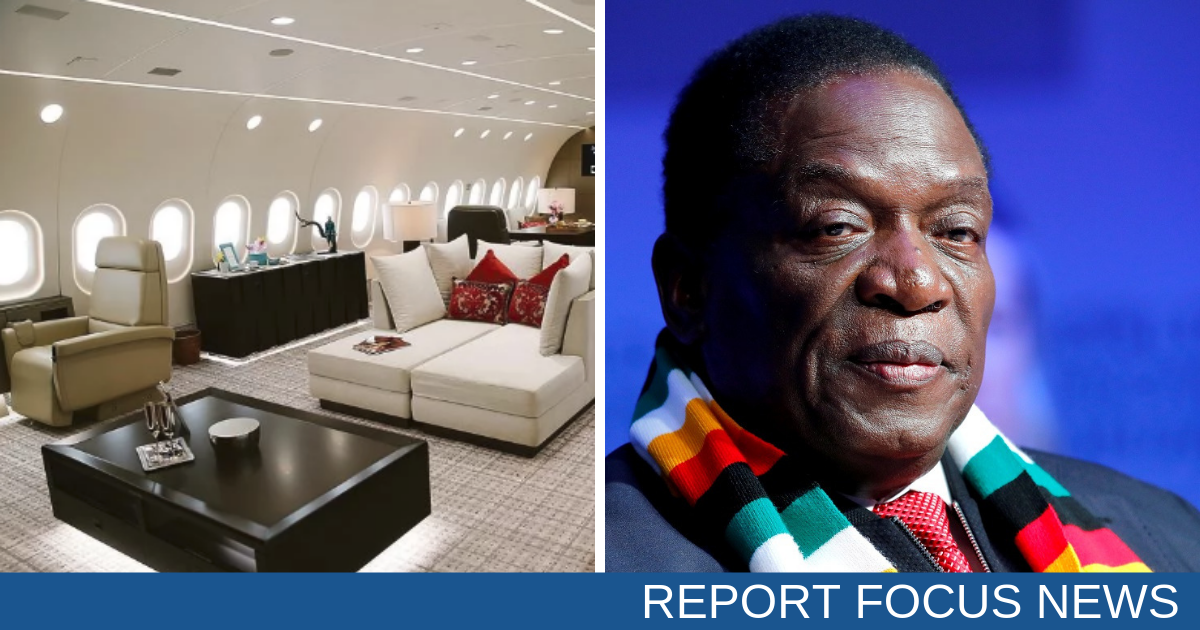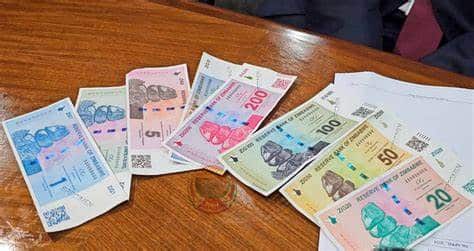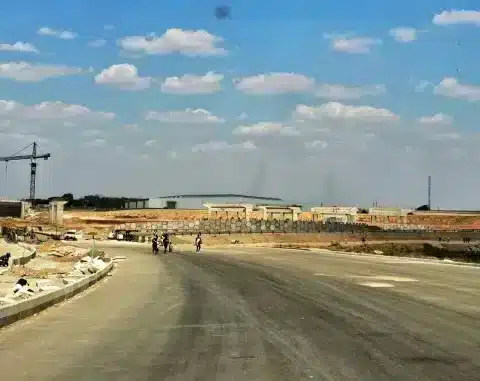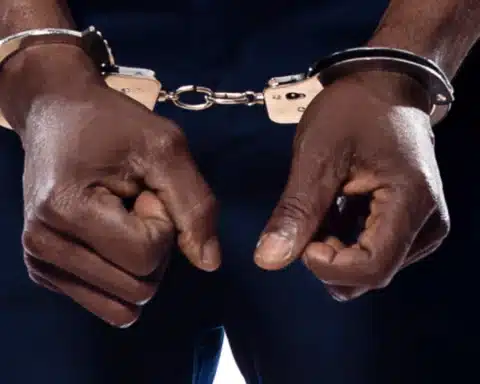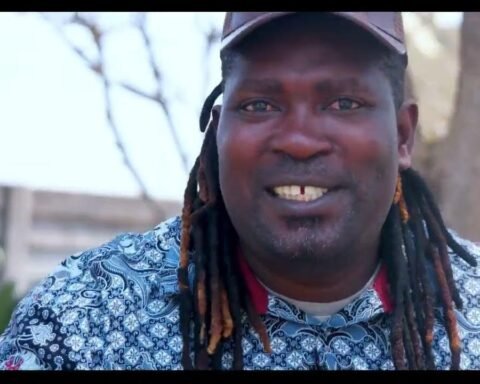When one hears the name Pariah State, they immediately think of the uptown restaurant in Pomona or the classy Avondale restaurant as it carries the same name.
Not so many people know what pariah means indeed, it is nothing to be proud of.
A Pariah State is a state facing invasion, isolation, sanctions or, in simpler terms, an outcast nation in the international community. Reasons for this status range from invasion, human rights violation, dictatorship amongst other governance anomalies.
The owner of the franchise of Pariah State might have named his restaurants unknowingly or even with full knowledge of what it meant, but well this is only privy to him. Zimbabwe has had that status for a very long time, under the administration of Robert Mugabe, where there was the shrinking of the democratic space, massive human rights violations, unlawful abductions and perpetual physical ,social and economic torture of citizens by the government. This led the international community to take a stance against Zimbabwe hence rendering it the status of a Pariah State.
When a state has a Pariah State status, it is subject to economic sanctions that have a huge effect on the economy, causing untold suffering to the citizens. Amongst the other impacts is disengagement of international creditors such as the World Bank and the IMF as they cannot issue credit to sanctioned Pariah States.
Zimbabwe was thrown out of the Common Wealth, politicians were given travel barns, and Zimbabweans now needed Visas to go to England, monetary institutions such as CABS and CBZ in Zimbabwe were put on sanctions list. This coupled with lack of corporate governance with the aid of funds mismanagement plunged Zimbabwe into a worse crisis which led to business individuals in the corporate world isolating Zimbabwe as they saw it as a dangerous investment destination , case in point being the Dangotte case.
November 2017 ushered in a new era, with the coming of the “New Dispensation”, people hoped for the reengagement of the country with the rest of the World and the re-admittance of the country by international credit facilitators. It was an optimism of grace that every citizen of Zimbabwe had. The exiting from the Pariah State promised a better life for Zimbabweans who have been suffering for a very long time.
The July elections were the test that the international community had eagerly waiting for as it was going to be the barometer that would measure the state’s qualification to exit the Pariah State status as previous actions for reengagement were responded to by a strategic delay as the government, at that moment, was not recognised as legitimate. The reports of the European Union and the United States observers, the Constitutional Court Challenge and the August shooting provided ground for the international players to withhold the reengagement and even attracted the 2018 ZIDERA, hence extending the Pariah State status for Zimbabwe.
It is at this time that it might be very important for the government of Zimbabwe to be sincere in their efforts for the reengagement, not just mere rhetoric because, for the country to get back its economic status, it has to exit the Pariah State by reengaging and upholding the democratic standards of a democratic state. The massive repressions, shooting of people, abduction of citizens, constricting the operational space of civic societies and the persecution of nongovernmental organisation is doing this country no good in exiting the Pariah status.
It is at this moment that the government has to introspect and retrospect on its actions on the citizens as it has a bearing on the ability of the country to withstand the economic weather that is blowing across its plains. They need to create more democratic space, promote citizen participation and engagement. They also need to be sensitive to the people’s plight, as it is of paramount importance if the nation is to move, as it has to carry all the stakeholders along with it, lest the Pariah State becomes a permanent status for the country.
